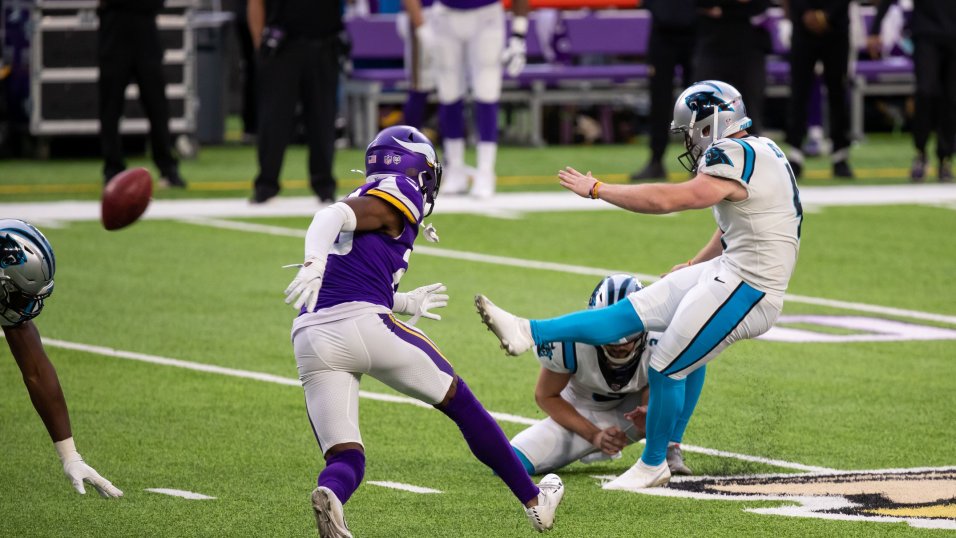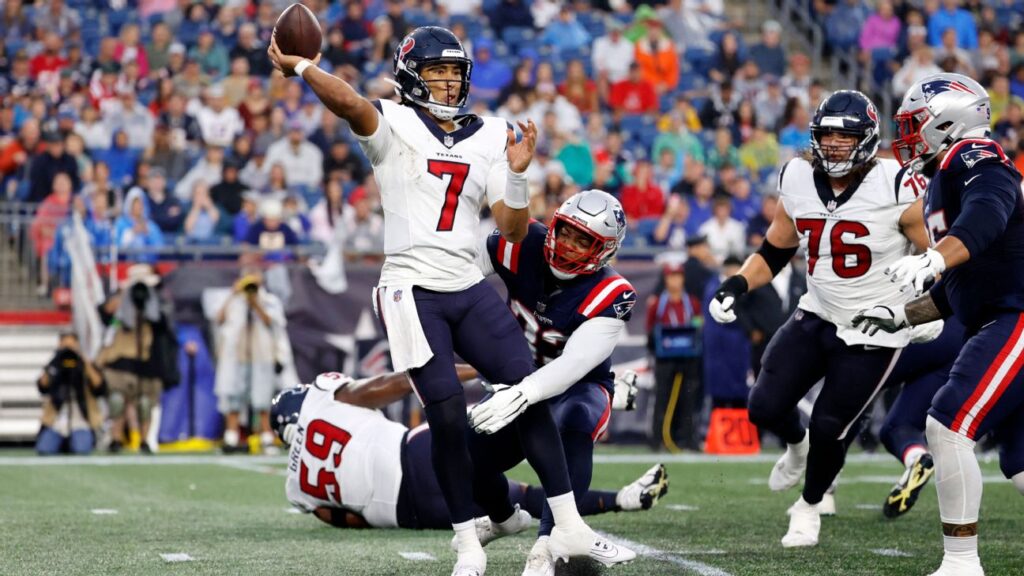Teamwork is a critical element in both sports and professional life. Everyone knows that success rarely comes from individual efforts alone, but working together with others can propel any endeavor to new heights – as illustrated by the NFL’s winning teams year after year. From analyzing players’ mentalities and levels of commitment to recognizing how strategy affects overall performance, football provides plenty of sought-after wisdom on effective collaboration.
In this post, we’ll take a closer look at how the unique dynamics within American Football demonstrate some highly applicable team strategies for any kind of organization or project.
The Value of Each Player
Like in the NFL, every team member in a professional setting brings a unique set of skills and abilities. Whether it’s the quarterback who possesses exceptional leadership skills and strategic thinking, the wide receiver with excellent speed and agility, or the defensive linemen with their formidable strength and resilience, each player has a specific role that contributes to the team’s overall success.
Similarly, a diverse team comprising individuals with different skill sets and strengths in a business context fosters a rich and dynamic working environment. The trick is recognizing these skills, harnessing them to their full potential, and ensuring they work harmoniously to attain the collective objectives. This is the magic of teamwork – when everyone is valued for their unique contribution, the team thrives.
Trust and Dependability
Just as the quarterback must trust that his offensive line will protect him and the kicker must rely on the holder to position the ball, trust and dependability correctly are vital components of effective teamwork in any context. This holds for both sports teams and professional settings. Trust leads to more open communication, enhances collaboration, and allows individuals to take risks knowing their team members have their back.
Dependability, conversely, assures us that everyone will fulfill their roles and responsibilities, delivering quality work on time. In an office setting, this translates to colleagues consistently meeting deadlines, producing quality work, and being accountable for their actions. Team members feel more confident and secure when trust and dependability are present, increasing productivity and success.
The Power of a Shared Goal
Each play, each training session, and each strategy discussion is directed towards this common objective. The power of a shared goal cannot be overstated – it fuels the team’s motivation, guides their actions, and fosters a strong sense of unity. Every player knows their role and how it contributes to achieving this collective aim.
In a business context, having a shared goal is equally vital. The team members need to understand the project or organization’s vision, mission, and objectives. This shared understanding ensures everyone works together, with all efforts aligned towards achieving the goal. When a team has a shared goal, it creates a sense of purpose, fosters cooperation, and boosts morale. This shared commitment can propel the team to new heights of success, just like the best NFL teams.
Communication is Key
Understanding communication’s vital role is another lesson we draw from NFL teams like the New Orleans Saints. The communication between the quarterback and his teammates, both on and off the field, often determines the outcome of a play or even the entire game. Similarly, clear and effective communication is a cornerstone of success in a professional environment. It ensures everyone is on the same page, minimizing misunderstandings and facilitating efficient workflow. It promotes transparency, allowing everyone to understand their roles, responsibilities, and how their efforts contribute to the team’s goals.
Moreover, effective communication fosters trust and respect among team members, which is critical for maintaining a healthy, productive work environment. Remember, the New Orleans Saints odds of winning increase when their communication is flawless. The same holds for any team, whether on the football field or in the corporate world.
Learning From Mistakes
Consider the great teams like the New England Patriots or the Pittsburgh Steelers. They have endured losses and setbacks throughout their journey, yet such experiences never deterred them. Instead, they took each failure as an opportunity for growth and improvement, dissecting their performance to pinpoint where things went wrong and how they could do better next time.
In this sense, failure is a stepping stone that leads to greater strength and success. Similarly, mistakes should not be feared or avoided in a professional setting. They are inevitable aspects of any project or endeavor. What matters is how the team responds to these challenges. An effective team embraces mistakes as opportunities for learning, fostering a culture of continuous improvement and resilience. Remember, the journey to success is not always smooth, but each bump makes us better and stronger.
Celebrating Success as a Team
These moments of shared joy, often marked with high-fives, team huddles, and cheers, are an integral part of the sport’s culture. This celebration is about acknowledging the achievement and appreciating each player’s contribution to the success.
In the corporate world, celebrating team success plays a similar role. When team milestones or project completions are celebrated, it fosters a sense of accomplishment and boosts team morale. It also acknowledges the hard work, dedication, and skills each team member has brought to the project. Such celebrations can take various forms, from a simple thank you email to a team outing or reward.
Beyond adding a fun element, these celebrations help to strengthen team bonds, cultivate a positive work culture, and motivate team members for future challenges. Just as in the NFL, celebrating victories together in the professional sphere can significantly enhance team unity, morale, and performance.
Conclusion
Drawing parallels between the dynamics of NFL teams and the corporate world provides valuable insights into effective team development and management. From fostering trust and dependability, aligning around shared goals, communicating effectively, learning from mistakes, to celebrating success as a team, these lessons from the NFL are instrumental in creating high-performing teams in any professional setting.
Embracing these principles can significantly enhance team cohesion, productivity, and overall performance, paving the way for consistent success. Just as the journey to the Super Bowl requires strategic planning, coordination, and collaboration, so does achieving success in the professional sphere. Ultimately, the principles of teamwork remain universal, whether on the football field or in the corporate world.
Source: Read Full Article




